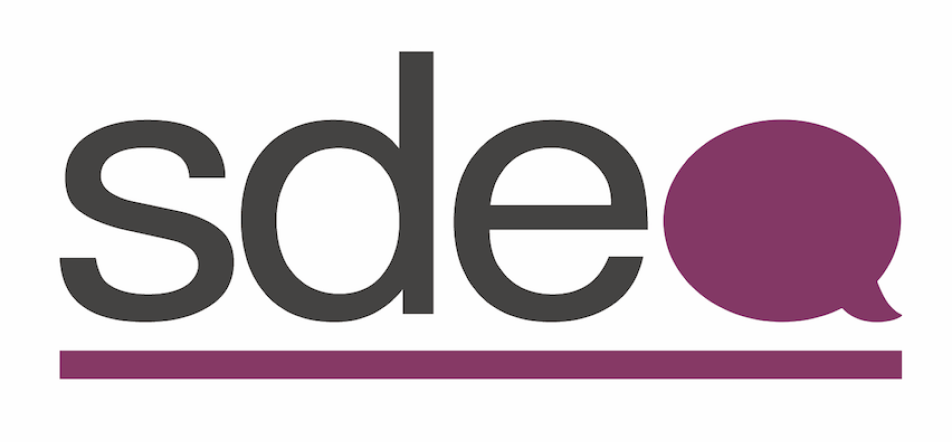Prof. Jonothan Neelands Masterclass March 2011
by SDEA
March 21st to 24th
Venue Partner : The Arts House
Drama in the English Classroom (Primary) - March 21st, 9am-3.30pm
Stories as authentic contexts for EL teaching and learning
In this very practical workshop we shall explore exercises and techniques for encouraging students to engage with a ‘rich text’ approach to EL teaching and learning. This approach is defined as contextualised and holistic approach to learning that will provide a rich language environment for developing language skills, grammar and vocabulary in the English Language Syllabus 2010 (Primary & Secondary).
Through dramatic methods students can have opportunities to use language in a variety of contexts, to revisit language structures and skills and to see how language works according to purpose, audience, context and culture.
The day is closely tailored to the needs of primary EL teachers and will pay particular attention to the principles for EL Teaching and Learning; particularly: Contextualisation; Learner Centeredness; Learning Focused Interaction; Integration; Raising Awareness and Guided Discovery
Old stories from China and England will be used as ‘authentic contexts’ for EL which allow students to understand that English usage is highly contextual and shaped by purpose, audience, context and culture. These stories have been chosen because of their accessibility for primary EL students and because they offer ‘authentic contexts’ for developing a ‘rich text’ approach which emphasizes communication and criticality.
By integrating multiple language activities the day will show how speech and drama, and problem-solving activities can motivate all pupils to demonstrate their use of language, create new meaning and make connections to prior experience and across content areas.
Drama in the English Classroom (Secondary) - March 22nd 9am to 3.30pm
Texts as authentic contexts for EL teaching and learning
In this practical workshop we shall explore exercises and techniques for encouraging secondary level students to engage with a ‘rich text’ approach to EL teaching and learning . This approach is defined as contextualised and holistic approach to learning that will provide a rich language environment for developing language skills, grammar and vocabulary in the English Language Syllabus 2010 (Primary & Secondary)
The syllabus also recommends that through dramatic methods students can have opportunities to use language in a variety of contexts, to revisit language structures and skills and to see how language works according to purpose, audience, context and culture.
The day is closely tailored to the needs of Secondary EL teachers and teachers of English Literature and will pay particular attention to the application in the secondary classroom of the principles for EL Teaching and Learning; particularly: Contextualization; Learner Centeredness; Learning Focused Interaction; Integration; Raising Awareness and Guided Discovery.
Poems by Bai Juyi (772- 846) and scenes from William Shakespeare’s Hamlet will be used as ‘authentic contexts’ for EL which allow students to understand that English usage is highly contextual and shaped by purpose, audience, context and culture. The workshop will demonstrate how active and creative drama techniques can be used to make these classic texts relevant and alive for contemporary secondary students in Singapore. They offer ‘authentic contexts’ for developing a ‘rich text’ approach, which emphasizes communication and criticality. The focus on literary texts in the workshop and in the classroom exposes learners to :
- the nuances of language and the play with words in texts.
- a wide array of styles and literary language they can reproduce in their own
- writing for different purposes, audiences, contexts and cultures.
- opportunities to apply higher-order thinking skills.
By integrating multiple language activities the day will show how speech and drama, and problem-solving activities can motivate all pupils to demonstrate their use of language, create new meaning and make connections to prior experience and across content areas.
The day will encourage teachers to consider how pupils can learn to:
- identify themes that help them pick out the underlying messages of the texts.
- distinguish the elements of fiction (e.g., plot, conflict, setting) which encourage a critical response.
- detect and analyse points of view and writers’ intentions.
- identify and appreciate the elements of style.
Shakespeare for All! (Secondary) -March 23rd, 9am to 3.30pm
This practical workshop will introduce active and creative drama techniques and exercises for bringing Shakespeare alive for secondary students of all backgrounds and abilities. Rather than focusing on a desk bound literary approach to Shakespeare as part of the English canon, this workshop will bring his plays alive as an important cultural resource that belong to all of us. In the words of the EL Syllabus, Shakespeare’s plays as plays offer us critical reading and viewing of rich literary works of… drama that provokes thought, judgment and evaluation.
The workshop will be based on scenes from Romeo and Juliet and will model a ‘rich text’ approach to using Shakespeare to engage students with the great dramatic themes of their own adolescent lives and with the play’s power to stimulate critical reflection on the human condition. The exercises and techniques we will experience together are drawn from the professional rehearsal room as well as process drama and they are all transferable to other great dramatic works. Shakespeare will never be boring again!
SDEA Masterclass - ‘O’ Level Drama -March 24th, 9am-12noon
This workshop will explore the process of devising though an active and creative approach. Using Shaun Tan’s The Arrival we will explore how students might be inspired to create their own dramatic pieces using a rich variety of dramatic conventions, to tell the story of migration from their own perspectives. The emphasis will be upon developing criticality and deep responses to drama and the shaping of dramatic performances which communicate effectively and with real aesthetic merit. There will also be consideration of the importance of ensemble-based learning in successful drama and other subjects that value co-production between teachers and learners.



